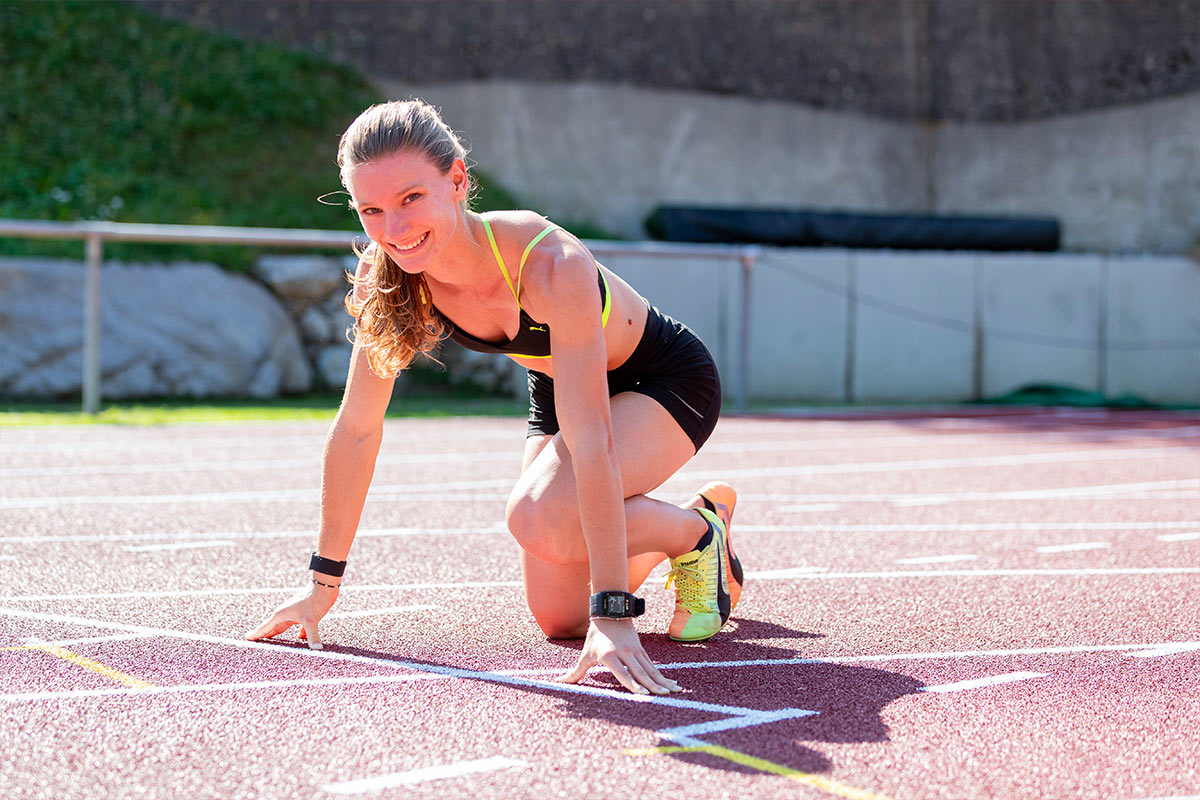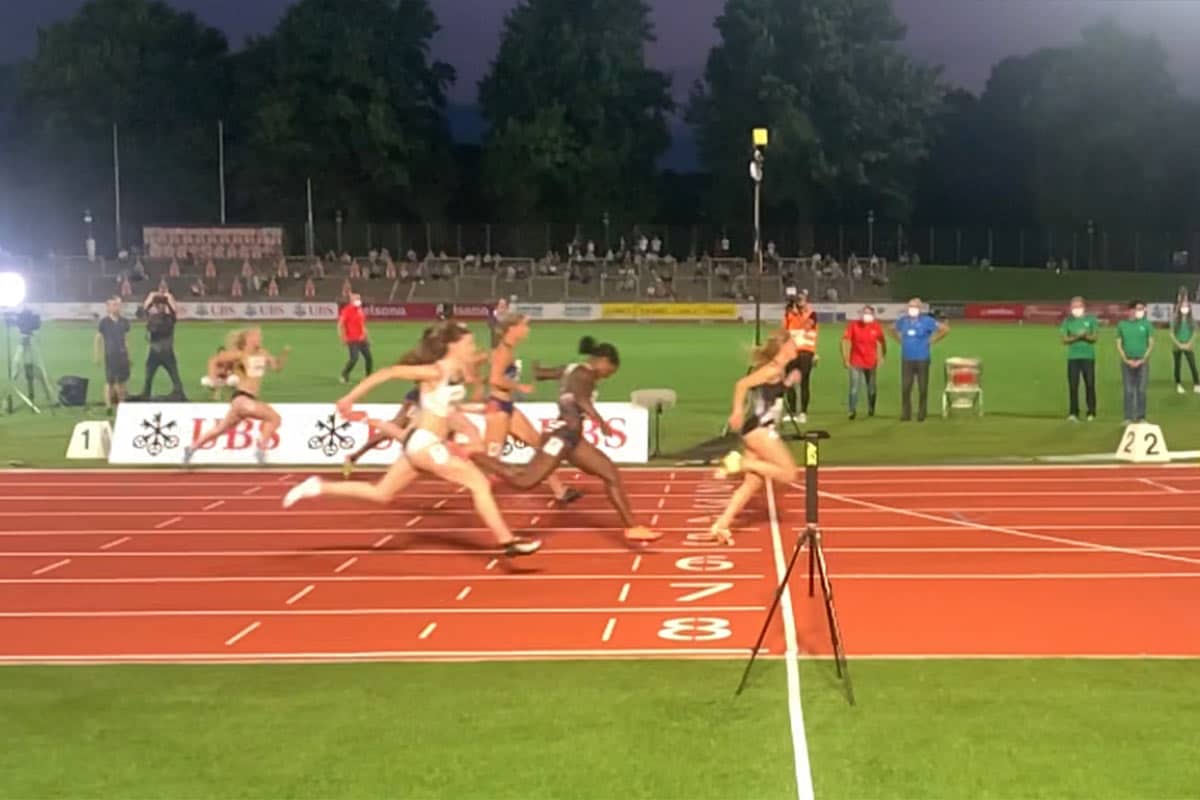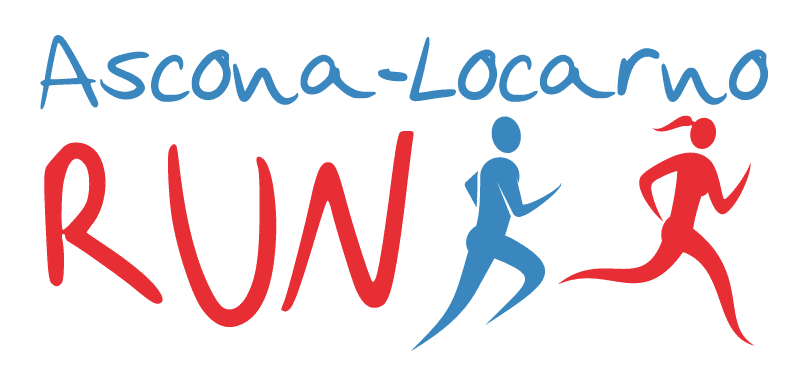© foto Garbani
In these months Ajla has shone in the various meetings she has participated in: from the super time in both the 150 m in Macolin and the 200 m in Papendal, to the 100 m victories at the Diamond League in Monaco and Stockholm, to the 100 m in 11″08 in Bulle, to the victory at the Galà dei Castelli in front of the strong athletes including Dafne Schippers.
The summer season has now come to an end and Ajla has also left her mark in Rome with a fourth place behind the Jamaican Thompson-Herah (winner and gold medal in Rio 2016), the American Hobbs and the Ivorian Ta Lou.
Great Ajla!
Have a good read and keep training!
There are some little workout secrets that you would like to share with us?
The most important “secret” is to always remain passionate about what you do, but also to look for new challenges and new goals.
For example, learning new, more complicated exercises stimulates both the motor skills that psychic.
If a person approached the race for the first time, such as would you recommend proceeding (training planning)?
As for the recovery, I would advise a new “runner” to go into progressive way, maybe starting with once or twice a week, with not too long sessions. Starting from 15′-20′, going up then slowly in mileage, sessions and duration.
What do you think are the most difficult moments during a race?
Being a sprinter I rarely tend to have to do of jogging. When I have to do it, however, I tend to start with a rhythm too high, getting tired quickly. See that the stopwatch does not advances to 15 minutes is sometimes exhausting.
Is it important to know and listen to your body?
Listening to your body is the main key in all sports.
If we are in good shape, we can feel it from the easy step, and sometimes whe we are more tired, the stride costs more energy. it is important to give the own body the good basis to help us do sport: a good night of sleep, a good diet, but also a good dose of distractions.
What are the most frequent causes of injuries? How to prevent them and manage them?
Often accidents are due to overloading: it is necessary to realise how much better it is to take a day off than to take a day off than to go for a workout because it’s the day when you have to we usually train. One thing I would recommend, even for runners from time to time, is to go and get a massage every now and then for relax your muscles. It’s a way of saying “thank you” to our body.
Gymnastics, strengthening and stretching: what do you think?
It is important to warm up and prepare well for your session. The gymnastics, strengthening and stretching are a great complement to the race. They can be done both before and after the race and do not take a long time.
Food/nutrition: what advice can you give us?
I have been changing my breakfast for a few months now: I make myself a porridge of oats, rather than eating bread. It is a nutritious meal and in the bowl you can make it vivacious with fruit, seeds and honey (for proper nutrition it is important to seek advice from a doctor or specialist – ed).
Clothing: what are the elements to be evaluated for the choice of the running shoes?
For me it is important to have a shoe that holds the ankle in such a way that stable and that it does not have a too soft sole.
In your opinion, because you absolutely must come running at the Ascona-Locarno Run (or a good reason to enrol at the Ascona-Locarno Run)?
First of all because it offers an unforgettable panorama.
The Ascona-Locarno Run has one of the most beautiful scenery in Switzerland, and is organised with respect for nature (free public transport from all over Switzerland for all competition participants 2021 novelties and a few other novelties – ed.). It is also a suitable route to all types of runners and the organisers have at heart the experience of each of the participants. The Ascona-Locarno Run can really satisfy everyone!
End of the interview.





